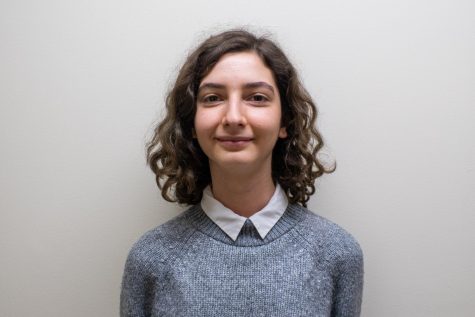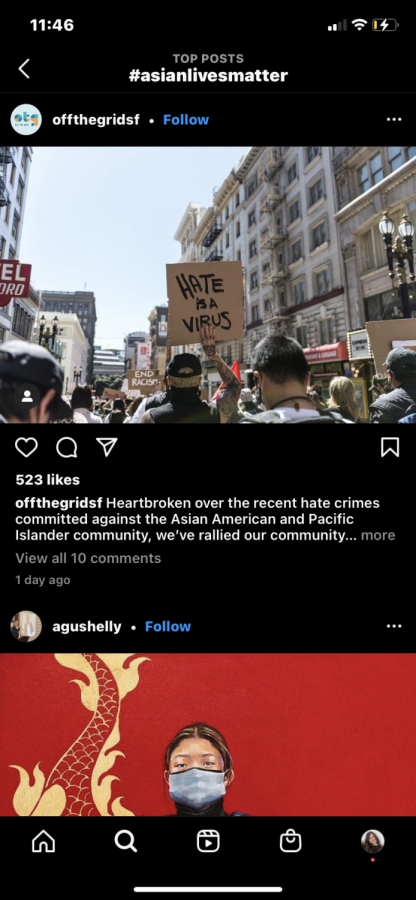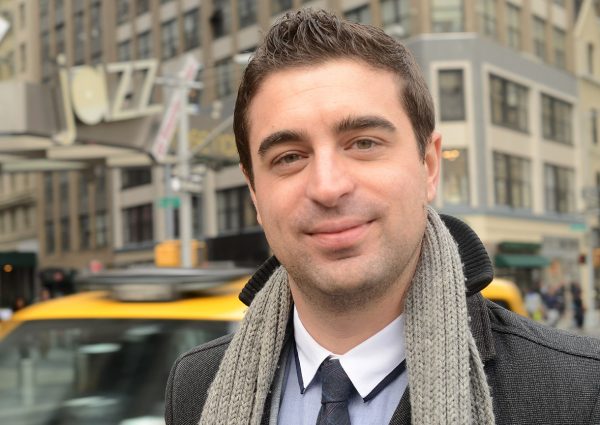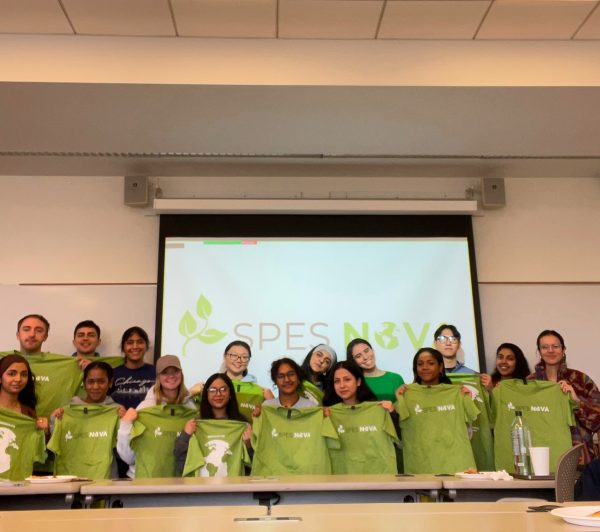Fordham Hosts Panels on Anti-Asian Violence and Racism
Rafael Zapata, the chief diversity officer at Diversity and Inclusion at Fordham, hosted two panels on Anti-Asian Violence and Racism on Wednesday, March 24 and Monday, March 29. Spurred by recent events of racism and violence against Asian populations in the United States, both events featured four panelists who reflected on the state of anti-Asian violence in the country, coping strategies for processing painful current events and actions that the Fordham community can take to pursue interracial solidarity.
Panelists included both students and faculty. The first panel, moderated by Rafael Zapata, featured President of Asian Cultural Exchange (ACE) Arthur Liu, FCRH ’23; Professor Stephen Hong Son; Associate Professor Jennie Park-Taylor and Associate Director for Diversity Initiatives Mary Balangit.
The second meeting featured United Student Government Vice President of Diversity and Inclusion Arianna Chen, FCRH ’22; Associate Professor James Kim; Psychology Department Chairperson Tiffany Yip and Professor Eric Chen. The discussion was moderated by Jeffrey Ng, director of Counseling and Psychological Services.
Many topics were discussed during the two panels, including intersectionality and the unique experiences and stereotypes of Asian women, historical and contemporary discrimination against Asians and ways Asian members of the community have been coping with current events.
Fordham’s own missteps were brought to light in these meetings, including alleged inadequate support for Asian students experiencing poor mental health due to discrimination and the lack of an Asian-American Studies program at the university. Criticisms were further levied at Father McShane’s statement on anti-Asian racism and hate crimes sent out to the Fordham community on March 25 via email.
“It is especially in moments like this that we should enlarge, rather than shrink, our circle of compassion,” wrote McShane. “Being people for others emphatically does not mean ‘only others whom we deem worthy.’ I want to believe that we are making progress in this sphere, however fitful it may seem, and that more and more people of goodwill are finding their voices and opposing ignorance and bigotry wherever they find it.”
James Kim remarked that the President’s message served to “other” Asian members of the Fordham community. The message’s usage of “we” indicated an assumption that the message was speaking to persons that were not themselves Asian community members.
Panelists encouraged allies of the Asian-American community to become active bystanders and educate themselves by engaging with content made by Asian-Americans. Further, a petition for Father McShane to hire more tenure-line faculty that specializes in Asian-American studies and to create a “fully supported, generously resourced” Asian-American studies program was advertised for attendees to sign.
“Historically, Fordham has offered little to no support for Asian American Studies,” the online petition states. “Whereas Boston College, for example, has had a robustly supported Asian American Studies program for twenty-five years, Fordham currently has only three tenure-line faculty who identify as scholars in the field, and it has never had an Asian American Studies program. The field was founded in 1969. In other words, for over half a century, Fordham has failed to provide its students with precisely the education they need to heed President McShane’s call to oppose anti-Asian “ignorance and bigotry wherever they find it.”
Students interested in seeing an Asian American Studies program brought to Fordham are encouraged to sign the petition found here.

Hasna Ceran is a junior double majoring in economics and Middle East studies. She began by writing the USG Column for Volume 101 and served as an Assistant...











































































































































































































